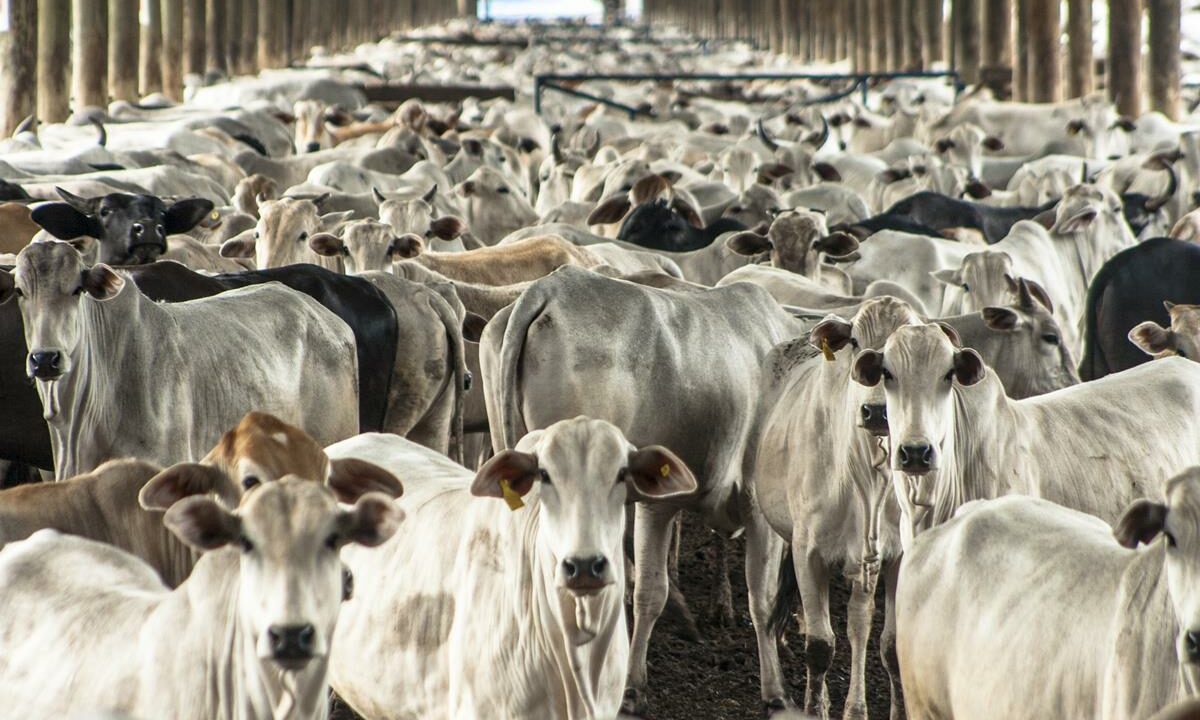Brazil must increase its beef production by 35% between now and 2030 to meet the demands of the domestic and foreign markets, according to a recent report from Brazilian meat industry association, ABIEC.
The organisation’s 2022 Beef Report stated that even under the most conservative scenario, Brazil’s beef exports will exceed three million tonnes by 2030.
It outlined that a 35% increase in production as well as a 45% increase in the average productivity of livestock will be necessary to meet this target. Brazil’s national cattle herd stood at 196.5 million in 2021, however if these forecasts are met, it will reach 203.1 million in 2031.
The report also projects that annual cattle slaughter which was 39.1 million head in 2021, will increase to 45.8 million in 206 and will reach 47.5 in 2031.
Exports in 2021
The report, which analysed Brazilian beef exports extensively, showed that Brazil was the largest beef exporter in the world in 2021 coming in just ahead of Australia.
The country produced 9.71 million tonnes of beef that year of which it exported 2.48 million tonnes Carcass Weight Equivalent (CWE), while 7.24 million tonnes remained in the domestic market.
China was the largest importer of Brazilian beef in 2021, importing 723,656t. The second largest importer was Hong Kong, who imported 219,933t of Brazilian beef.
Meanwhile, the European Union imported 77,266t of Brazilian beef in the same year, 21,734t less than the EU’s approved special tariff quota under the Mercosur agreement.
The report also stated that Brazil is planning to work towards an expansion into a number of new markets including Canada, as well as Japan and South Korea, with whom the country is “under negotiations with”.
ABIEC’s president Antonio Jorje Camardelli said that these prospects are “in addition to the restoration of the approval of plants to export beef to Russia”.
Animal Health in Brazil
The report also included information on the prevalence of Foot and Mouth Disease (FMD) in Brazil, outlining the country’s progress since 2014, when the disease was still widespread.
Brazil remains classified as a zone that has a ‘negligible Bovine Spongiform Encephalopath (BSE) risk status’, however, maps in the report show that FMD is widely under control in the country, with the majority of regions engaging in a twice yearly vaccination programme.
In 2018, the formerly protected zones of Amapá, Roraima, parts of Amazonas and Pará received recognition as FMD free zones in Brazil.
